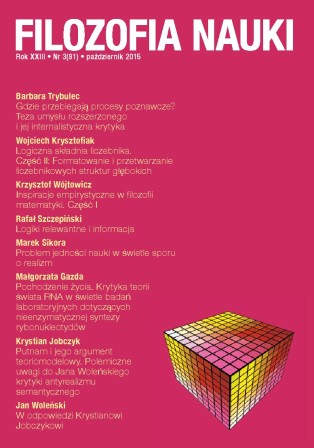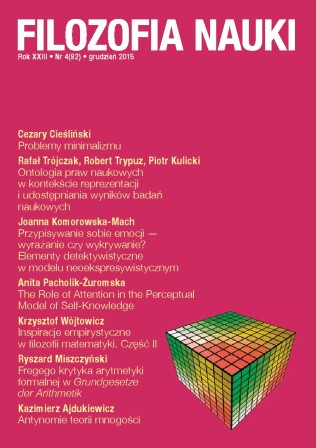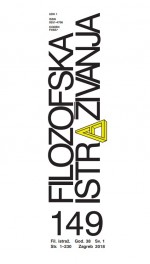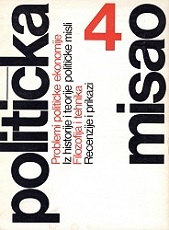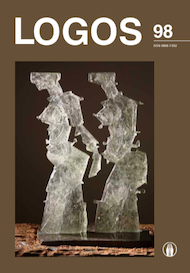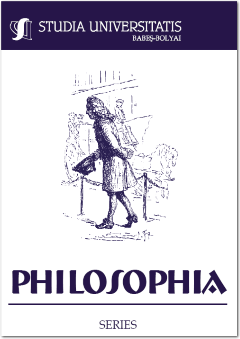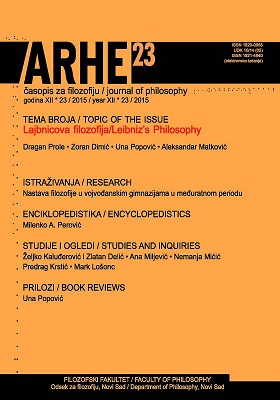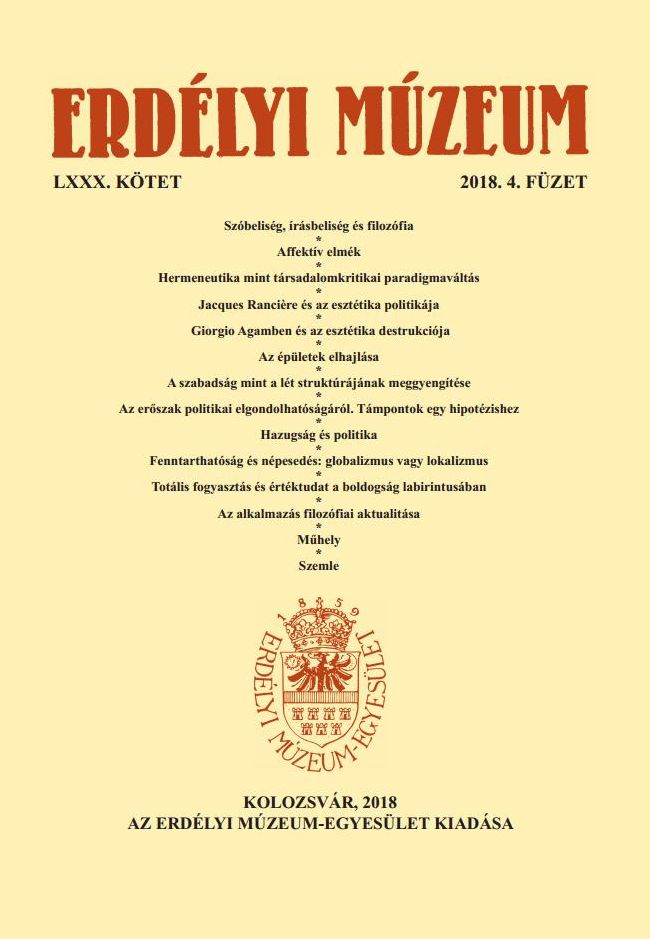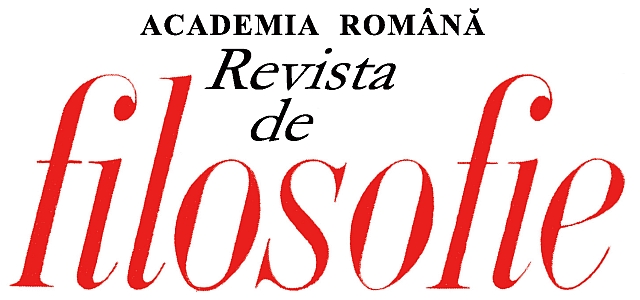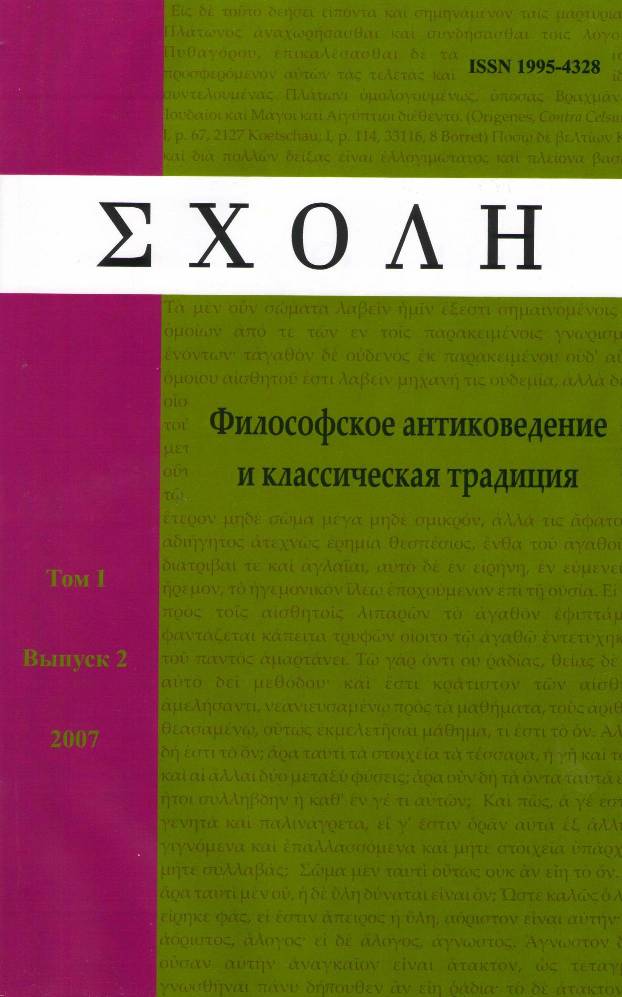Author(s): Iulian GRIGORIU,Iulian Grigoriu / Language(s): Romanian,Moldavian
Issue: 5/2019
With the dispute between logic, formalism and intuitionism as a backdrop, Wittgenstein continues to develop his own philosophy of mathematics which he begins to present to the members of the Vienna Circle. At the 1930 Königsberg „Congress of Theory of Knowledge in the Exact Sciences”, he will have Friedrich Waismann as a spokeperson against Carnap (logicism), Heyting (intuitionism) and Neumann (formalism).The critique of the fundamentals of mathematics, the expression of a general form of the proposition and of the natural number, the connection between the system, the proposition and the mathematical demonstration, the situation of the arithmetical calculation, the debates in the Tractatus Logico-Philosophicus and continuing in Philosophical Remarks and Philosophical Grammar, become recurrent themes and constitute central concepts of the Wittgensteinian philosophy of mathematics.The question of universality in relation to the definition of the natural number reflects on an original Wittgenstein concept of general mathematical function, which emphasizes its peculiarities but also the difficulties of reception. In the continuation of the Intensionalist conception of the number I illustrate that Wittgenstein elaborates a formal grammar of the name of numbers, I rebuild the addition operation and I highlight a type of Wittgensteinian definition for the mathematical proposition. In order to achieve these goals, I draw the "coordinates" of a new conceptual space auspicious for the development of the Wittgensteinian philosophy of mathematics, namely the Grammatical Space. This follows the Tractarian Logical Space, which it encompasses and transforms, offering new linguistic and representative possibilities for the syntax of mathematical elements. "Mathematics" becomes an autonomous field of reason, it does not need fundamentals, it develops through independent concepts, specific constructions, punctual strategies, provisional, rules and internal laws, constituting a bridge between various human activities as a criterion for sciences and their applications.
More...
